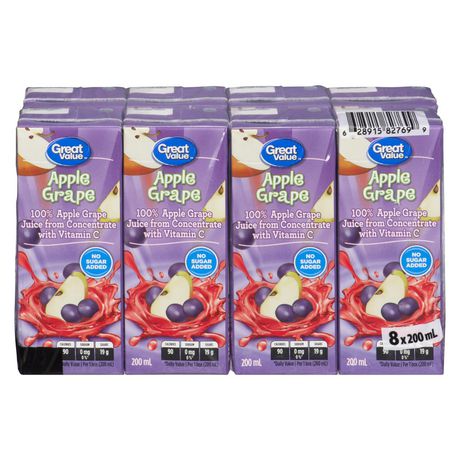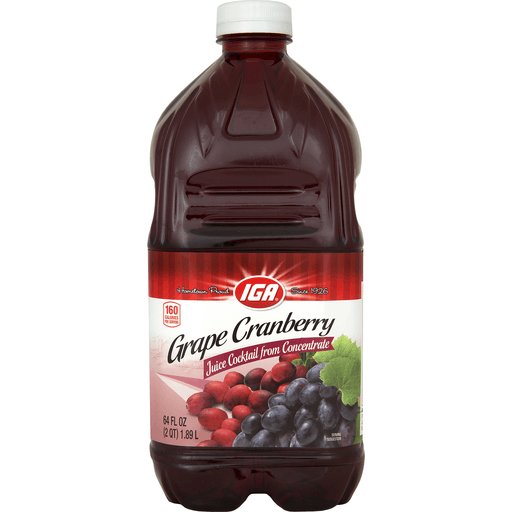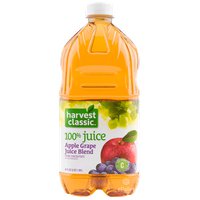

Sources of soluble fiber include oatmeal, beans, fruits, vegetables, psyllium, seeds, and nuts.

Soluble fiber absorbs water and gives stools a softer, more flexible consistency, which makes them easier to pass.However, increasing fiber intake without drinking enough fluids may worsen constipation, so try a gradual increase of fiber along with plenty of water.įruits and vegetables contain two types of dietary fiber, both of which encourage regular bowel movements and reduce constipation: People who have constipation may need to eat more dietary fiber than people who do not. The United States Department of Agriculture (USDA) Dietary Guidelines for Americans recommend that adult females eat 22–28 grams (g) of dietary fiber per day, depending on their age, and adult males over 28–34 g per day. Diets high in dietary fiber promote healthy, regular bowel function. Instead, fiber passes through the digestive system and helps keep the gut healthy. They provide fiberĮven though they are a liquid, some fresh juices often still contain dietary fiber, though not as much as if a person eats the fruit or vegetable raw. The following sections explore the reasons why juices can help relieve constipation. Juices also contain large quantities of water, which may help soften hard stool while keeping the body hydrated. Some juices made from fruits and vegetables contain dietary fiber and sorbitol, both of which help regulate bowel movements. People also run the risk of developing a physical dependence on laxatives.ĭrinking certain juices may relieve constipation in some people. Taking over-the-counter (OTC) laxatives can help as a short-term solution, but they can cause unintended side effects, such as dehydration. In most cases of occasional constipation, making diet and lifestyle changes is very effective for relieving symptoms. Stool that remains in the digestive tract will harden over time, making it difficult and sometimes painful to pass. But these benefits don't necessarily extend to papaya juice, which doesn't contain the fiber that whole papaya does.Constipation occurs when a person has fewer than three bowel movements per week. Papaya juice: Papaya has been found to help with certain digestive symptoms, such as heartburn, IBS and constipation, according to a 2013 study in Neuroendocrinology Letters.You're better off eating whole oranges: A small 2019 study in Drug Intervention Today found that oranges were effective in relieving constipation symptoms after participants ate one daily for about 15 days. Orange juice: Orange juice is a beloved breakfast favorite, but there's not much evidence that it can help you poop. Lemon juice: Constipation affects many people withĬancer, and the American Cancer Society recommends hot water mixed with lemon juice as a.Plus, if you take a medication called Movantik for constipation, you shouldn't drink grapefruit juice or eat grapefruit, as it can cause a dangerous level of the drug in your blood. But it would be a big leap to say that it has the same effect in humans. Grapefruit juice: Research in mice indicates that a compound called naringenin in grapefruit and its juice has a laxative effect, per a February 2018 International Journal of Molecular Medicine paper. Grape juice: There's not much evidence to show that grape juice is helpful for constipation, but it may still serve a purpose: If you don't like the taste of prune, pear or apple juice, try mixing in a little grape juice to make the flavor more palatable.

Their role in supporting gut health and the microbiome, but it's not clear Cranberry juice: Cranberries have been studied for.But there's no research to support that aloe vera juice is a laxative. Aloe vera juice: Aloe vera as an herbal supplement may be helpful for constipation, and especially for people with constipation-predominant irritable bowel syndrome (IBS), according to an October 2018 Journal of Neurogastroenterology and Motility review.


 0 kommentar(er)
0 kommentar(er)
